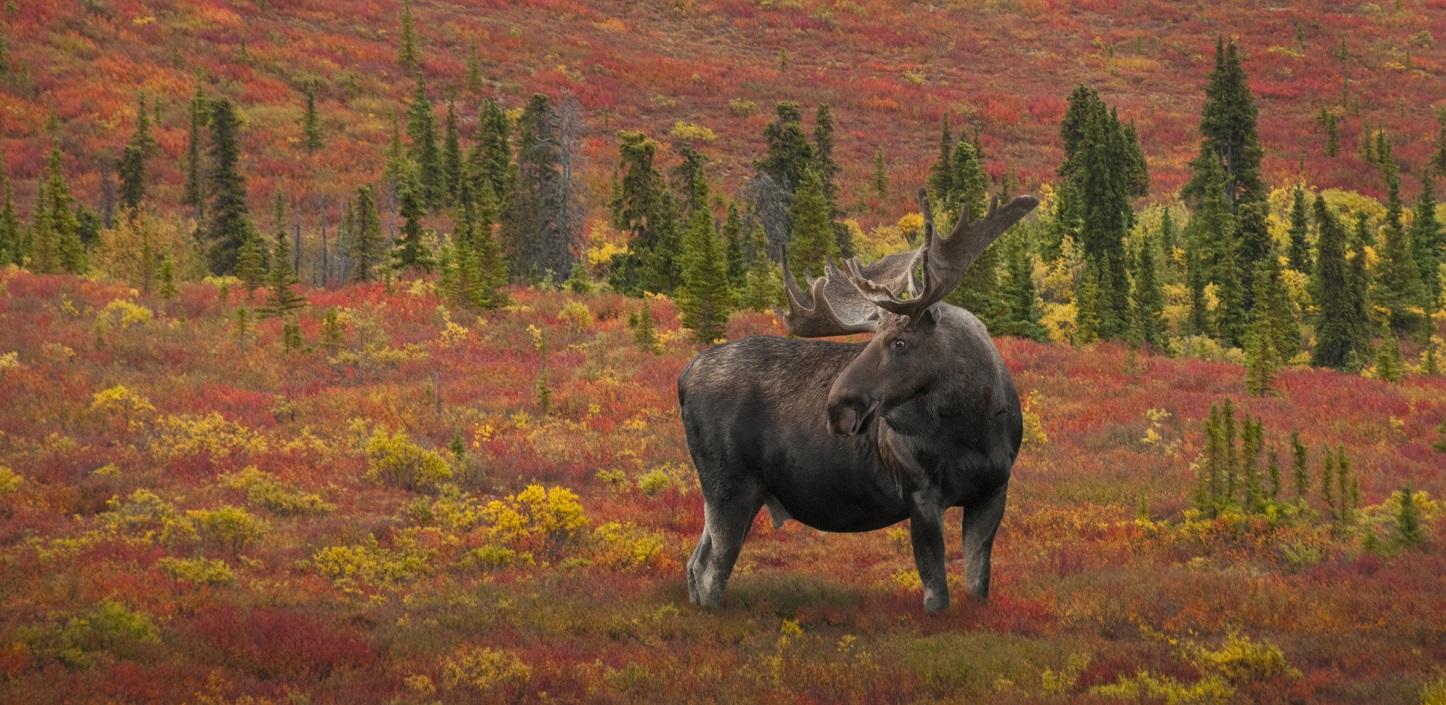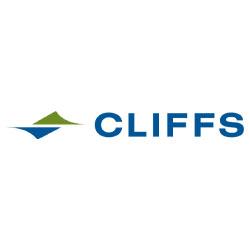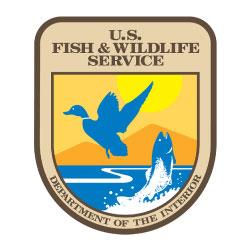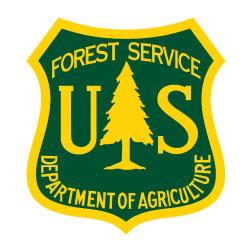
Helping schools and students safeguard water quality
Visit any one of the nation’s 98,400 or so public schools and you will see much of the same thing: enormous buildings, giant parking lots, big outdoor walkways. And on rainy days, you may see a lot of stormwater runoff.
Impervious surfaces at public school campuses and elsewhere prohibit rainwater from soaking into the ground, where it can be filtered. Stormwater runoff instead carries urban pollution and harmful surges of water into local sewer systems, streams and rivers.
Runoff might have once been an esoteric subject discussed only by urban planners and ecologists. These days, however, such environmental concerns have become core issues for many Americans, especially many among the nearly 50 million K–12 students in public schools.
Communities and school leaders across the nation now aim to decrease environmental footprints. Such projects can generate immediate improvements to local water quality, sometimes capturing millions of gallons of runoff per year from just one property. These projects also nurture a growing conservation ethic in students, teachers and parents.
In 2022, NFWF awarded $600,000 to Milwaukee Public Schools in Wisconsin and another $440,000 to Chicago Public Schools in Illinois to help fund ambitious efforts to make school campuses more environmentally friendly and to connect students with nature.
Five public schools in Milwaukee will remove 135,000 square feet of impervious surface and install 1.8 acres of green space with native trees and grasses. More than 26,800 square feet of asphalt will be replaced by bioswales, native plantings and other nature-based infrastructure expected to generate 4.3 million gallons of stormwater storage.
Chicago Public Schools also will install rain gardens, bioswales, permeable pavements and other pieces of stormwater infrastructure across 70,000 square feet on public schools. Project partners have engaged hundreds of students and dozens of educators, boosting efforts to improve environmental education, stewardship, outdoor learning and wellness.

2022 Financial Summary
NFWF works with our partners to invest in science-based conservation.
Learn More








